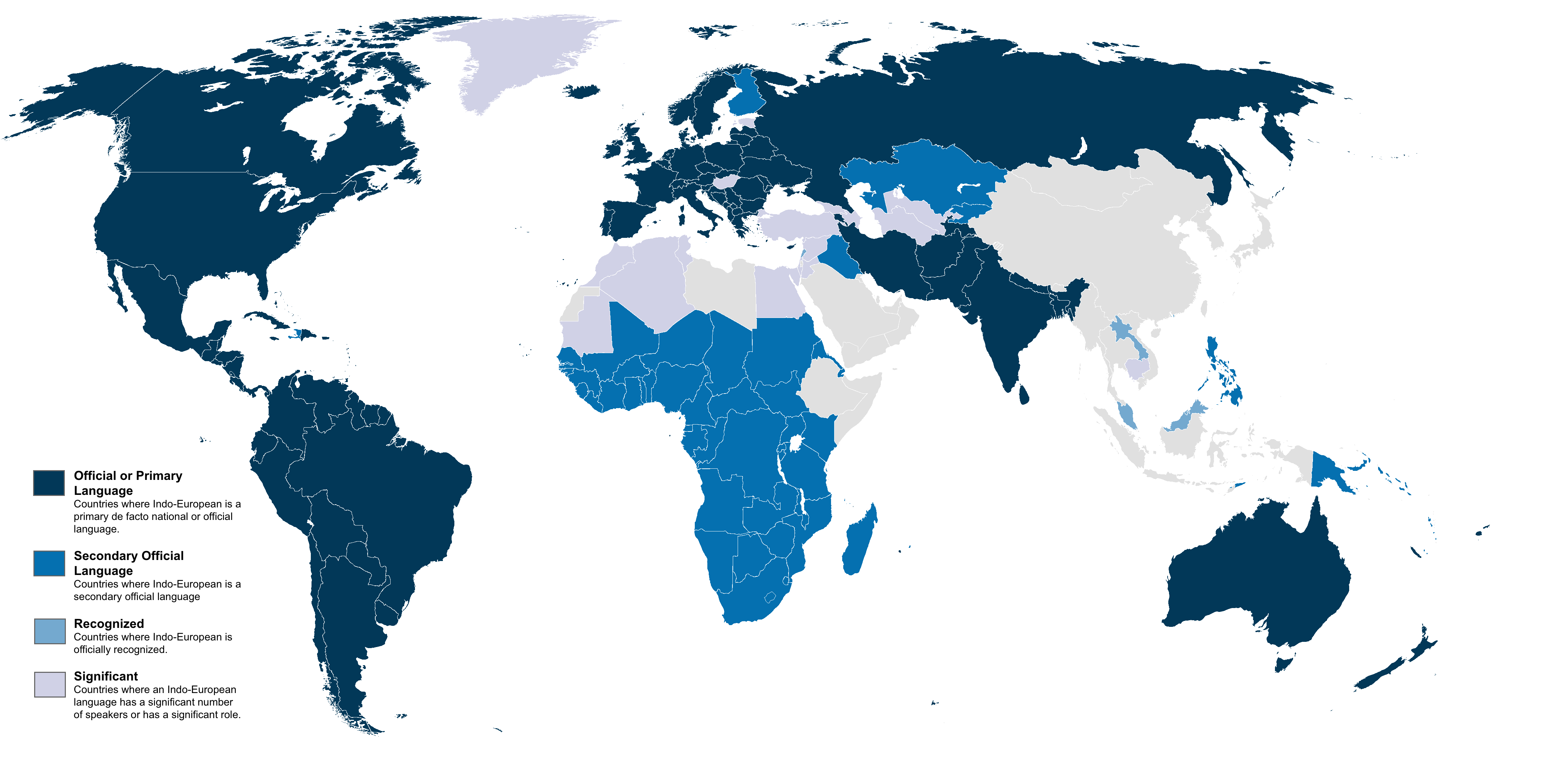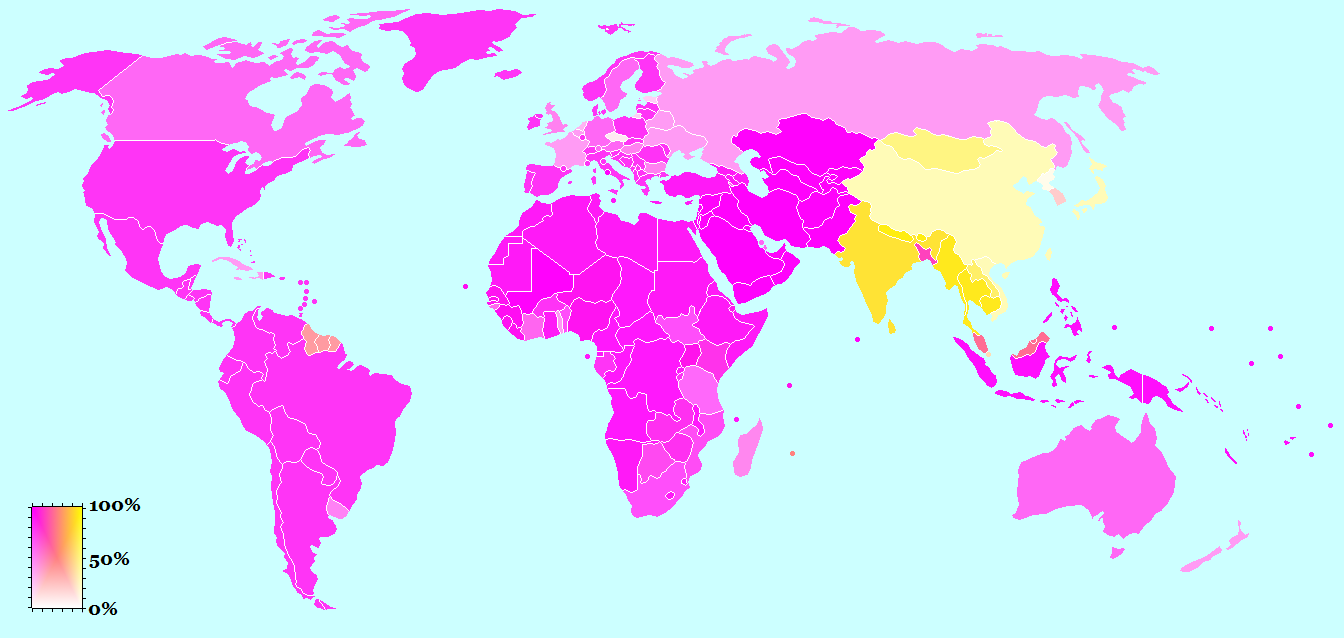«Globalism» as something negative, related to cultural nihilism, and as opposed to the more neutral-sounding «globalization» as an objective historical process, is already a well-established definition. If not in terms of dictionary, then in terms of usage. This is the meaning here.
Within globalism, a distinction between economic and cultural globalism is essential.
Today, people criticize «Chinese globalism». This is a result of Chinese commercial power. But:
1) More people = more commerce. The bigger the population, the bigger the economy should be. This is demographically fair. True, commerce could be more internal rather than external, but these become «world order» questions. The initial equivalence remains true. The alternative is being Malthusian.
2) Commercial-economic power and financial power are different in nature. Financial prevalence – that is, financial globalism – is certainly not Chinese, but more Anglo-American-Jewish. As stated before:
Some people are saying that China, nowadays, has taken ‘total economic preponderance’.
Things are clarified by dividing the economic aspect in ‘commercial’ and ‘financial/monetary’.
China may have a strong commercial preponderance, but not financial and monetary, on a global level.
Most countries seem to use the US dollar, use the SWIFT system, trust the FED, trust the three famous rating agencies and rely on ‘independent’ Central Banks.
‘Independent Central Bank’: dependence on the FED, the IMF and world finances.
Again, fearmongering on the economic aspect doesn’t hold ground. There’s a qualitative difference, as potential financial pressure is noticeably more far-reaching than potential commercial pressure.
We see this today with US sanctions. Even if China wanted, it could not exert such pressure on other countries.
3) Most importantly: economic power and cultural power are absolutely different.
Even if Chinese economic globalism were true, we would need to account for cultural globalism.
See things from a more Chinese point of view.
Linguistically, most of the world is Indo-European and uses an alphabet:

Religiously, most of the world is Abrahamic:

Historically, secular-rationalization processes first appear with Jewish religion. And globalization appears with European expansionism.
But then, when China had to rationalize and understand globalization, in a world that linguistically and religiously is not Chinese at all, people decry «Chinese globalism».
Iradier is completely right when he says:
And it was the West, not China, that spread this program by blood and fire throughout the world. But when China has had to assume it to its ultimate consequences, even if only to survive, it frightens us and even horrifies us – because it returns us a reflection not only what we do not see of ourselves, but above all what we do not want to see (…)
We do not realize that this «lack of originality» is nothing but the effect of belonging to a culture that has been the most differentiated and original in the world, but which has also suffered the tragic circumstance of an amputation of its autochthonous traditions.
China is the most distinct (big) civilization. In the world, if a civilization is not Abrahamic, it’s Indo-European (India). And if it’s not Indo-European, it’s Abrahamic (the Islamic world). Imagine a «global community» where both language and religion are unfamiliar to you.
Yet some say «Chinese globalism will conquer the world». There’s no sense of balance at all.
Try understanding how our sense of «neutrality» and «universalism» – including scientific-technological – could be deeply rooted, to varying degrees, in Abrahamic and Indo-European mentalities.
Not a day goes by without supporters of the «universal Christian kingdom», who spread their belief throughout the entire world, claiming how «Chinese globalism will undermine our values». For them, the problem of the CPC is not only being «Communist», but also «Chinese» (meaning: not Christian). Once Christianity (or at least their understanding of it) spreads to the entire world, reaching 7 billion people, globalism will be defeated (sic).
It may be acceptable to criticize China’s economic globalization, but if the world is to remain pluricultural – «multicultural» sounds too Western – then cultural globalization needs to be accounted for as well. And it is certainly not Chinese. Supporting China would amount, precisely, to anti-globalism, especially against those coming from Western Christianity.
In sum, the theory about «Chinese globalism» is another chicken and the egg question: materialists who believe the economy is above Culture may see a bigger threat in China. On the other hand, those who believe Culture is long-lasting and influential, while the economy is contingential and superficial, probably understand how the global Weltanschauung, albeit secularized, remains mostly Abrahamic and Indo-European.